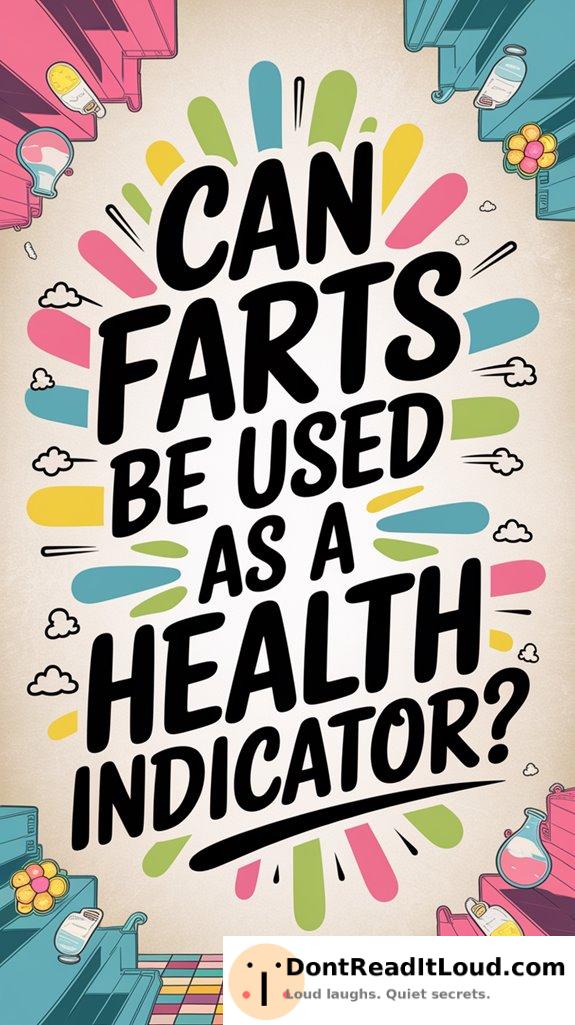
Yes, your farts can reveal important information about your digestive health. Noticing changes in how often you pass gas, its smell, or its volume may signal changes in your diet, gut bacteria, or digestion. Particularly strong odors or a sudden increase in gas can sometimes point to food intolerances or other health concerns. Being aware of these changes can help you catch potential issues early. Read on to learn more about what your body might be telling you through your gas.

Although it might seem embarrassing to discuss, your farts can actually reveal important information about your digestive health. Most people ignore them until an awkward moment happens, but the gas you release reflects complex processes in your gut. When you eat, your digestive system breaks down food and produces certain gases along the way. The main components of your farts—nitrogen, carbon dioxide, hydrogen, methane, and trace gases—can offer clues about your digestive tract.
If you pay attention, you’ll notice the frequency, odor, and volume of your farts can change based on your diet and gut health. When your digestive system is functioning well, the gas composition usually remains steady. However, if you suddenly have more gas than usual, especially with discomfort, it could signal digestive trouble. Often, this is due to eating foods high in fiber, beans, or certain vegetables, which are known to cause extra gas as they’re broken down by intestinal bacteria.
Not every change in gas is harmless, though. If your farts become especially foul-smelling, it might be due to sulfur compounds, which can point to problems digesting certain proteins or an imbalance in gut bacteria. Persistent changes in your gas, especially with other symptoms, may be an early sign of lactose intolerance, irritable bowel syndrome, or even infections. Paying attention can help you spot health issues early.
You don’t need to analyze every fart, but noticing patterns in your digestive health can be helpful. Starting a new medication, changing your diet, or adding a probiotic may cause temporary shifts in your gas as your gut adjusts. However, if you notice pain, blood in your stool, or major changes in your bowel habits along with unusual gas, you should contact a doctor.
Conclusion
So, next time you notice your farts, don’t just laugh them off—they can offer clues about your digestive health.
If you detect changes in frequency, smell, or experience discomfort, it’s a good idea to pay attention.
Your body often signals when something isn’t quite right, and even farts can be a useful indicator.
If anything seems unusual, consider reaching out to your doctor for advice.
Taking these signs seriously can benefit your gut health in the long run.



